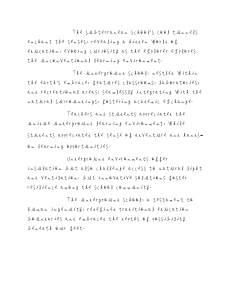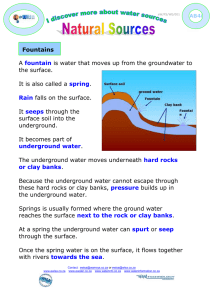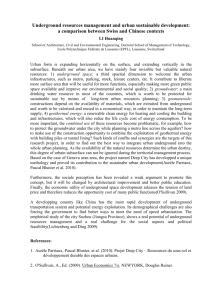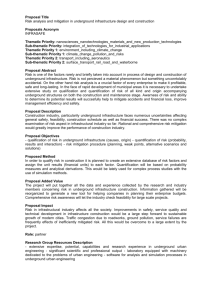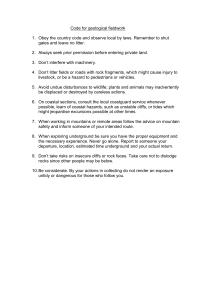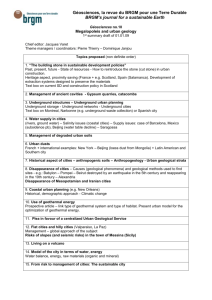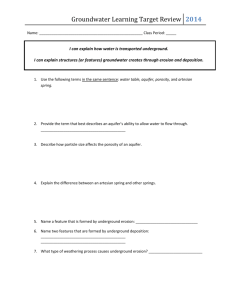The problem of the underground economy
advertisement
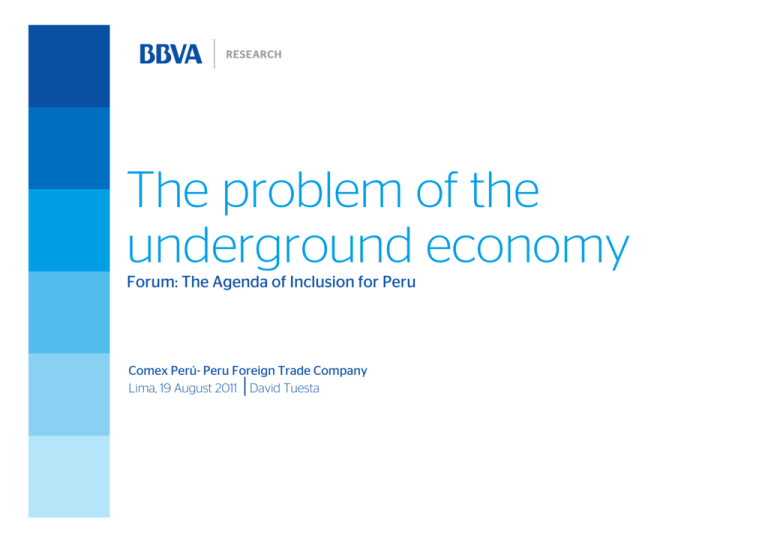
The problem of the underground economy Forum: The Agenda of Inclusion for Peru Comex Perú- Peru Foreign Trade Company Lima, 19 August 2011 │David Tuesta The Agenda of Inclusion for Peru / 19 August 2011 Defining underground economy ... various approaches • According to labor status. Personal account, Family workers without pay, Domestic employees, Employees and employers in companies of up to 5 or 10 workers OIT). • Workers who make no contributions to health and retirement funds, • Workers who earn less than the minimum wage • As regards firms, whose companies not listed in the Trade Register. • Productive approach, national accounts or econometric estimates. Activities that do not go through the formal business transaction cycle. Normally evaluated as a % of GDP. ... whatever the definition, the problem remains the same: a separation between the State and Society with significant socio-economical implications. Page 2 The Agenda of Inclusion for Peru / 19 August 2011 Why is the underground economy a problem? • A break between The State and Society: Contributions in exchange for the fulfillment of State responsibilities (property rights, the rule of law, security, functioning of the market, social and economic policies), • The underground economy represents a negative stimulus with respect to the effectiveness of the state and in turn the latter reduces the incentive of operating formally ("it is not worth it to be formal", "the product is poor”) • The relationship between the underground economy and the State, has tended to foment wrong decisions by policy makers in their intent to reign in the submerged economy or improve their policies throughout history: prohibitions and over-regulation; greater bureaucracy, labor laws, tax policies, social programs. Its intention of solving problems by Law have generated a greater expulsion effect ("it is not worth it to be formal", "it is very expensive"). • In sum, a high level of underground economy, limits the growth potential of a country Page 3
